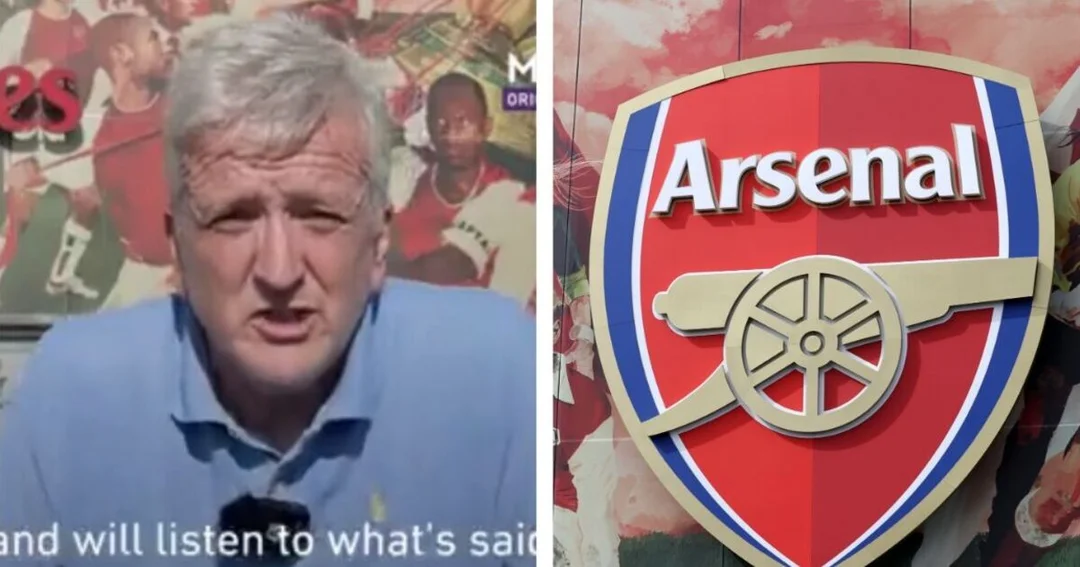
Was Arsenal’s Dismissal of Kit Man a Step Too Far in the Fight Against Online Discourse?
In a case that is causing ripples across both football and social justice circles, Mark Bonnick, a former kit manager of Arsenal FC, has initiated legal proceedings against the club following his dismissal last December. The allegations of unfair treatment stem from his outspoken criticism of Israeli policies, which he insists is rooted in anti-Zionism rather than antisemitism.
Bonnick's career with Arsenal spanned over two decades, during which he moved from casual coaching roles to a full-time position supporting the youth teams. However, his tenure took a dramatic turn after Arsenal's management were alerted to a series of social media posts referring to the ongoing war in Gaza. He claims his dismissal was discriminatory and an infringement on his right to express deeply held beliefs.

Speaking candidly to the media, Bonnick stated, “My name is Mark Bonnick and I was fired by Arsenal football club for speaking up for Palestine.” His posts, which he asserts are expressions of “philosophical anti-Zionist belief,” included critical commentary that many considered inflammatory.
The situation escalated rapidly when Bonnick attracted negative attention from a specific online demographic, leading to what he describes as cyberbullying. After an internal investigation, Arsenal concluded that his comments brought the club into disrepute, a finding that has since fueled his lawsuit.

Notably, Bonnick's critics argue that his statements crossed the line from political expression into the realm of hate speech, thus justifying the club's actions. Yet, his legal team posits that the intent behind his words was misinterpreted, highlighting an ongoing debate about the limits of free speech in the world of sports.
With the case expected to come to trial next year, Bonnick is seeking not only damages but also reinstatement to his former position, hoping to change the narrative around his dismissal which he describes as a “kneejerk reaction to manufactured outrage.” His lawyer Frank Magennis asserts that Bonnick's anti-Zionist beliefs are protected under the Equality Act 2010, suggesting that the dismissal may signify a broader issue of how institutions respond to complex political issues.

As the case unfolds, it raises critical questions about the responsibilities of sports clubs regarding their employees' freedom of expression, especially when it pertains to contentious global issues. Will this incident redefine the boundaries of acceptable discourse in sports, or will it reinforce the notion that criticism of certain policies can come at a significant personal cost?
Fans, commentators, and supporters of both freedom of speech and institutional accountability will surely be watching closely as the court deliberates Bonnick's claim. Is this march towards corporate censorship warranted, or have we stepped too far in the fight against what some deem offensive rhetoric?
In the end, Bonnick's plight may serve as a poignant reminder of the complexities existing at the intersection of sports, politics, and personal beliefs. How do you view this situation? Is it a necessary stance against potential hate speech or a troubling indication of silencing dissenting opinions? We invite readers to share their thoughts in the comments below.